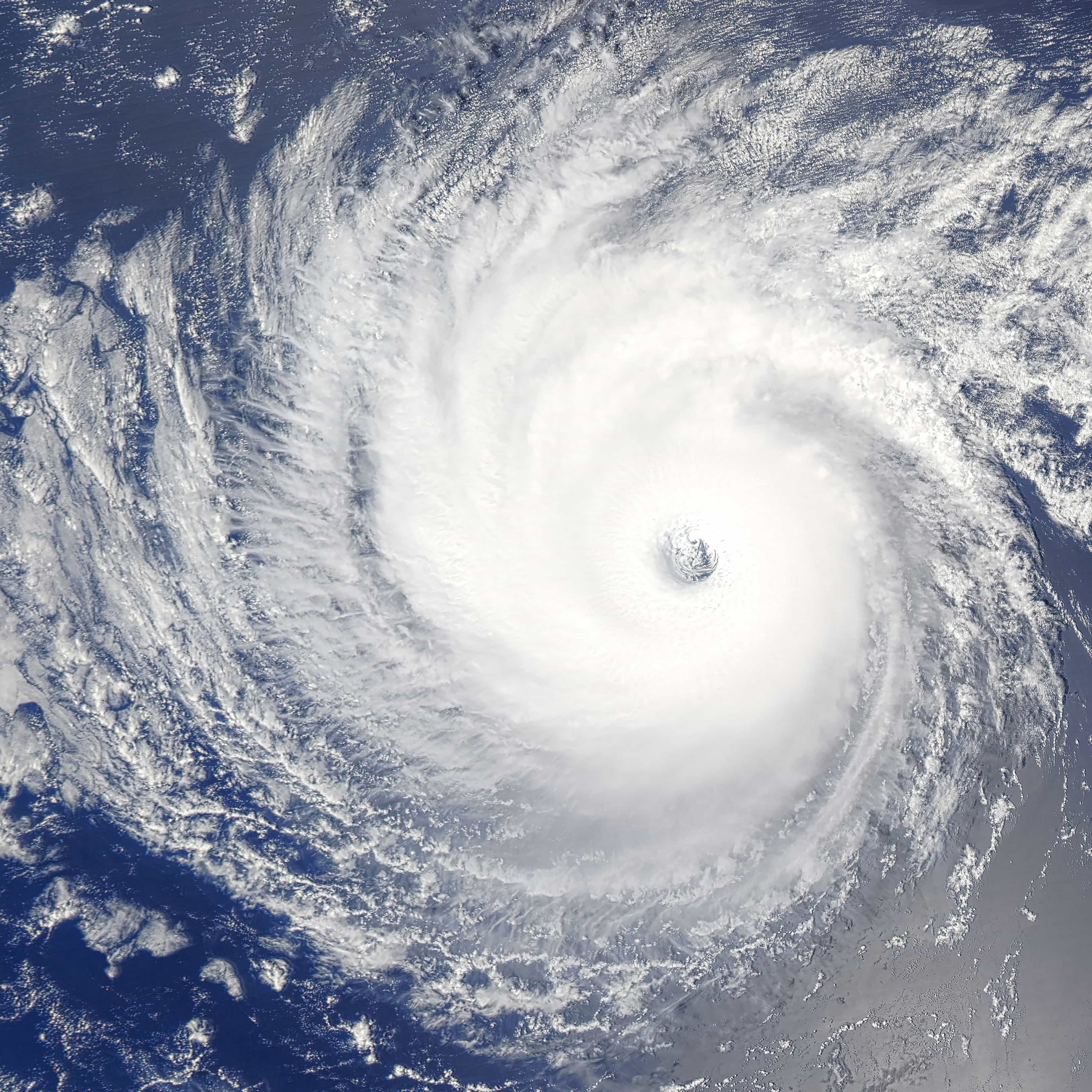Regardless of their function, all industrial plants require some level of outside support to address unexpected issues when they arise.
The recent devastation caused by Hurricane Harvey in Texas, and Hurricane Irma in Florida affected millions of people on a massive scale. As people in these regions have leaned on support networks to help protect them from the storm, and later to help them recover, refineries and power plants have done the same. Many of these plants have dealt with flooding, power outages and sudden shutdowns, among other issues.
In this paper, we demonstrate how emergency support services can help industrial plants deal with unexpected weather events and eventually return to normal activity.
Dealing with the storm
In the face of disaster, plant operators must place safety above all other concerns. As Hurricane Harvey approached the coast of Texas, oil refineries shut down entire plants and evacuated all nonessential personnel due to fire and other safety hazards. Shutting down the plant in a timely manner, while keeping personnel out of harm’s way isn’t an easy task.

Controlled shutdowns of refineries often begin at inopportune moments, as was the case with the massive Motiva oil refinery in Port Arthur, which had to begin shutting down at 5 a.m. on August 30, due to the storm. In these cases, having an on-call staff available 24/7 can be indispensable.
Plants in both Texas and Florida also faced real threats of flooding during both hurricanes. Onsite personnel had to consult outside sources, as they weren’t equipped to handle flooding of this magnitude on their own. Ultimately, however, anticipating natural disasters is only half the battle when it comes to emergency response.
Resuming operations
When oil refineries and power plants face structural damage after floods or other events, energy companies often rely on their business partners to get the plant up and running again. After all, restoring power to homes and businesses is a critical step to recovery for hard-hit areas.
A single plant may take weeks to return to full capacity, and the ramp-up stage requires a great deal of operating power. Having a team on standby during this phase is absolutely essential, as resuming an operation can expose additional, unforeseen damage that must be addressed before resuming normal function.
Restarting operations at power facilities, like the Florida Power & Light nuclear plants that shut down prior to the arrival of Hurricane Irma, is a highly coordinated process that involves the use of extra water, as well as effective monitoring. To aid in this process, MPW supplies mobile deionization and reverse osmosis trailers to clients on-demand. These systems come equipped with built-in remote monitoring capabilities, which reduce the need for unnecessary onsite labor.
When properly utilized, emergency deionization trailers, with built-in remote monitoring, help plants achieve normal flow rates and cooling functions again after unplanned outages.
While nobody can control when a natural disaster strikes, companies can prepare for storms and make sure they have the right support networks in place. Having a 24/7 support staff on call, equipped to provide the services necessary to support an operation during an emergency, can help industrial companies minimize any damage caused by extreme weather events.